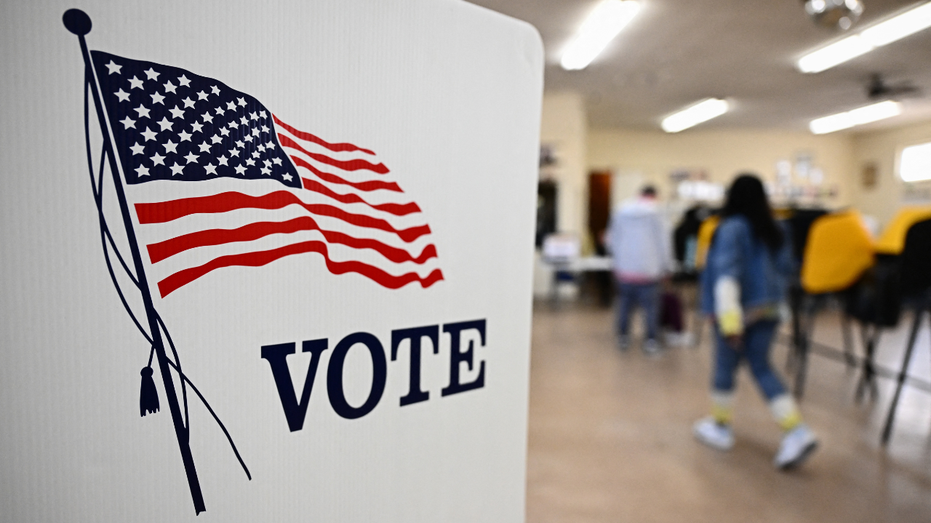Tiktok looks to overturn US ban amid concerns over Chinese influence
TikTok representatives are set to appear before the US Supreme Court on Friday, in a final effort to overturn a ban which could force the app out of the States by 19 January, unless it demerges from its Chinese parent company. The case pits national security concerns against First Amendment rights, reported BBC News, where [...]


TikTok representatives are set to appear before the US Supreme Court on Friday, in a final effort to overturn a ban which could force the app out of the States by 19 January, unless it demerges from its Chinese parent company.
The case pits national security concerns against First Amendment rights, reported BBC News, where national security concerns are being balanced against Tiktok’s 170 million users’ freedom of speech rights.
The law in question, passed last year, mandates TikTok’s parent company, ByteDance, either divest its U.S. operations or face a ban.
The U.S. government argues that TikTok poses a “grave” national security threat due to its potential susceptibility to Chinese government influence, including data sharing and content manipulation.
TikTok has denied these claims, asserting that the law unfairly targets the platform and violates free speech protections.
This follows Meta’s recent decision to scale back fact-checking efforts, and concerns about the spread of misinformation on the site, and other social media platforms like X.
Tiktok’s plea
TikTok has asked the US Supreme Court to strike down the law as unconstitutional, or pause its enforcement to allow further assessment.
The leading social media platform criticised the legislation as based on “inaccurate, flawed, and hypothetical information”, arguing that it would infringe on the First Amendment.
“This measure directly impacts millions of Americans who rely on TikTok as a platform for expression and creativity,” TikTok stated in its filing.
Government concerns
The Biden administration, which stands for the legislation, has argued that TikTok’s Chinese owner, ByteDance, presents an unacceptable risk, citing China’s record of leveraging private companies to advance state interests.
In a three-judge appeals court held last December, the law was upheld under the sentiment that “It’s not about speech or content—it’s about control,” said Peter Choharis, an attorney with the Foundation for Defence of Democracies.
The case has taken on additional political weight with the upcoming inauguration of recently-elected President Donald Trump, who previosuly advocated banning the app during his first term.
However, Trump has shifted his stance and called for the law’s enforcement to be paused on the campaign trail.
The brief his lawyers filed just last month stated that the case presented “unprecedented, novel, and difficult tension between free-speech rights on one side, and foreign policy and national-security concerns on the other”.
Yet, it presented that Trump “opposes banning Tiktok”, but rather “seeks the ability to resolve the issues at hand through political means once he takes office”.
However, analysts have noted that the US Supreme Court reversing the lower court’s final decision, even with Trump on their side, remains unlikely.
Cardozo Law professor Saurabh Vishnubhakat said, “In cases where constitutional values clash with national security concerns, the government often gets the benefit of the doubt.”
Broader implications
If the law goes through, the app would stop app stores from offering TikTok and block updates, which would eventually drive the app into the ground.
It is already banned on government devices in several different countries, including the UK, and currently faces total bans in India and other places around the world.
The decision would have significant consequences for US and China relations, as well as tech regulations in America.
Investors interested in acquiring the app’s U.S. operations include former Treasury Secretary Steven Mnuchin and ex-Dodgers owner Frank McCourt, yet analysts like Choharis remain skeptical about a sale resolving security concerns.


